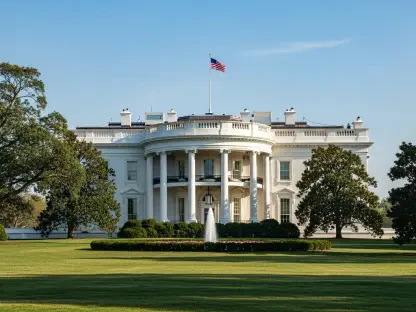The East Norfolk Transport Users Association has harshly criticized the government’s recent decision to increase the single bus fare cap across England from £2 to £3. Prime Minister Sir Keir Starmer announced the fare hike ahead of the budget, sparking concerns among various stakeholders. The original cap, introduced by the earlier Conservative government, was intended to assist with the cost of living crisis. Steve Hewitt from the East Norfolk Transport Users Association argued that this decision “makes no sense economically or environmentally,” stressing the vital role buses play for many individuals, particularly those with low incomes. Hewitt pointed out that the fare increase would significantly heighten living expenses for regular bus users.
Impact on Local Communities
Despite the fare hike, some regions such as Great Yarmouth, Thetford, and King’s Lynn still have fares capped at £1.50, offering a 25% discount for group, weekly, and monthly tickets. However, these discounted rates are potentially under threat and might be eradicated by March 2025 under current proposals. Graham Plant, Norfolk County Council’s cabinet member for highways, infrastructure, and transport, expressed his disappointment over the fare increase. Despite his dismay, he took solace in the fact that a cap would remain in place. Since the introduction of the £2 cap, Norfolk has seen a substantial rise in bus passenger numbers, indicating the cap’s effectiveness in encouraging public transport use.
Broader Economic and Environmental Concerns
The East Norfolk Transport Users Association has strongly condemned the government’s recent decision to raise the single bus fare cap across England from £2 to £3. Prime Minister Sir Keir Starmer announced this fare increase ahead of the budget, causing a ripple of concerns among various stakeholders. The original fare cap, introduced by the previous Conservative government, was designed to help mitigate the cost of living crisis. Steve Hewitt, representing the East Norfolk Transport Users Association, argued that this decision “makes no sense economically or environmentally.” He underscored the crucial role that buses play for many individuals, especially those with low incomes. Hewitt emphasized that the fare increase would significantly elevate living expenses for frequent bus users, putting additional financial strain on already vulnerable populations. The association views this policy shift as a backward step, potentially pushing more people into financial difficulty and undermining efforts to promote public transportation as a sustainable option.









